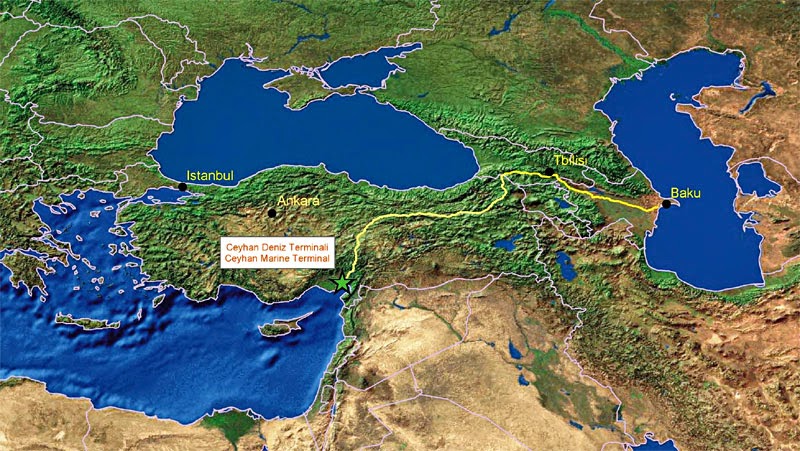Reuters
Asian natural gas buyers are counting on higher prices and growing demand to lure most North American gas shipments their way, even as U.S. lawmakers consider speeding up export approvals to cut Europe's dependence on Russia for the fuel.
Russia's seizure of Crimea from Ukraine has revived European worries about energy supply security. EU leaders are eager to end decades of reliance on Russian gas, and later on Wednesday will press the United States for clear commitments on a new source of supply.
U.S. lawmakers are already weighing changes to energy policy that would allow natural gas exports to any country that belongs to the World Trade Organization, and a key senator said on Tuesday that U.S. shale gas should be used to counter Russian influence in Europe.
Asian buyers, who have been counting on the fresh supply source to meet rising demand, said that Europe's option of increasing imports of liquefied natural gas (LNG) at the expense of Russian piped gas is a long-term, costly solution that may never happen.
"That is not going to happen overnight. You have to build up receiving terminals, which will take millions in investments and five or maybe ten years," chairman of Taiwan's CPC, Sheng-Chung Lin told Reuters at a gas conference in South Korea.
"Unless European countries show such determination, it won't happen," Lin said.











